How are these future leaders making Taiwan better?
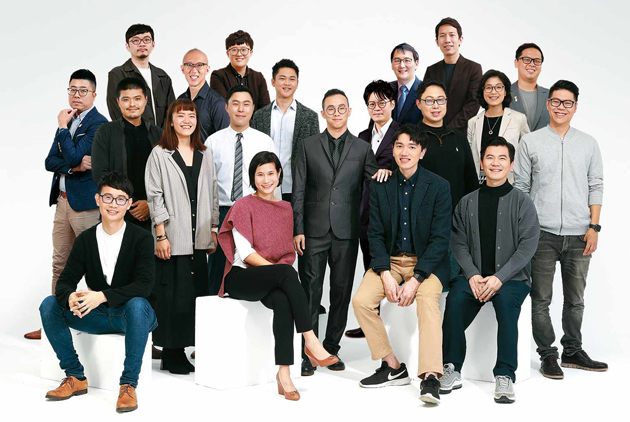
Source:CommonWealth Magazine
On the occasion of CommonWealth’s 40th anniversary, we selected 20 leaders of the future. Some describe themselves as angry youths, promoting reform, while others are taking on the international arena. How are they exerting their influence and civic spirit in their respective fields?
Views
How are these future leaders making Taiwan better?
By Hannah ChangFrom CommonWealth Magazine (vol. 719 )
This group of under-40s has already distinguished themselves in their various fields, and can be expected to become influential agents of change in the future. They fit into the five categories of leaders defined by the United Nations as essential for society: leadership, reform, innovation, communication, and critical thinking.
They come together here to exhibit the new face of 21st century leaders.
Quality #1: Incurable passion, imbued with a sense of mission
Stanley Yen says that society often defines leaders as the most talented individuals, those who get good grades in school. Yet this type of person, under certain conditions, can also potentially be the most selfish. Therefore, says Yen, “A true leader has incurable passion, a sense of mission, and is compassionate and invested in helping others while pursuing accomplishments.”
During an interview, Ray Lu, founder and CEO of Taiwan’s biggest free online educational portal, Junyi Academy, admitted that his biggest fear is not exerting enough influence.
Lu’s dream is to employ digital technology to lessen the geographic gap in educational resources between urban and rural areas, raising teachers’ teaching quality while giving children in remote villages access to more learning resources.
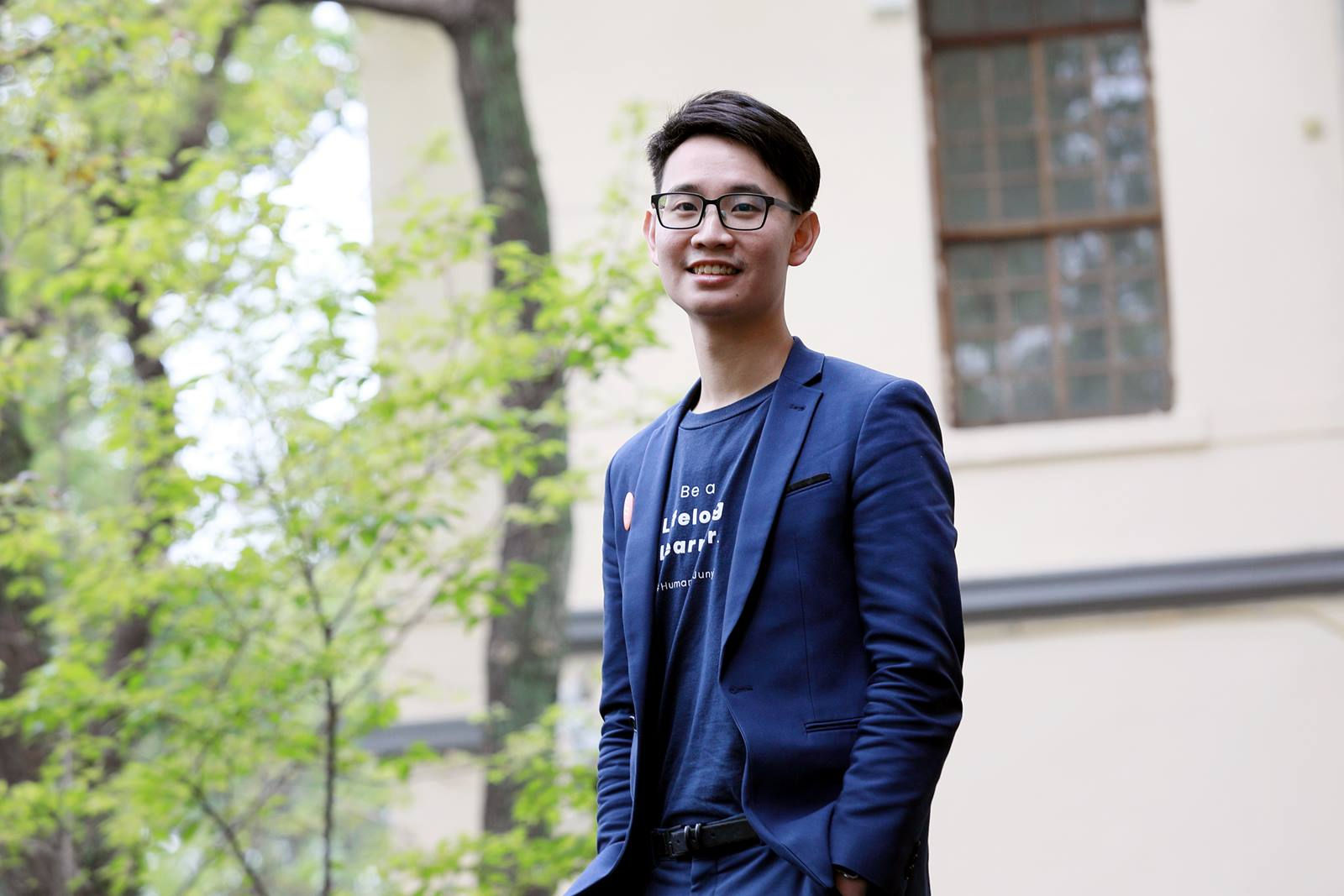 Ray Lu, CEO of Taiwan’s biggest free online educational portal, Junyi Academy. (Source: CommonWealth Mazagine)
Ray Lu, CEO of Taiwan’s biggest free online educational portal, Junyi Academy. (Source: CommonWealth Mazagine)
iLoveMilk founder Kung Chien-chia, Nex Foundation president Hao-Wei Chen, Greenvines co-founder and CEO Harris Cheng, and Calls Over Ridges co-founders Lin Tzu-Chun and Tsai Wan-ting have all endured various difficulties, from issues with the dairy product sales and marketing structure to Taiwan’s professional manpower challenges, the balance between life and sustainability and environmental protection, and discovering issues with education (i.e. the high dropout rate in Nepal) while volunteering, all of which led to their resolve to take action and promote change.
Kung Chien-chia describes himself as “an angry young man”, unable to stand idly by and watch dairy farmers endure injustice. This led him to launch the “White Revolution” in an effort to reform the dairy industry.
He says that whenever we witness inequality, as long as everyone is willing to initiate a little revolution, the world can move in a better direction.
“Your sense of mission has to transcend age, go beyond the resources available, and even exceed what you’re capable of doing,” asserts Junyi Academy founder Fang Hsin-chou. “You need bigger ambition, to take a higher perspective, but also to keep your head down and plant seeds, and exert infectiousness to encourage everyone to push forward together,” he adds.
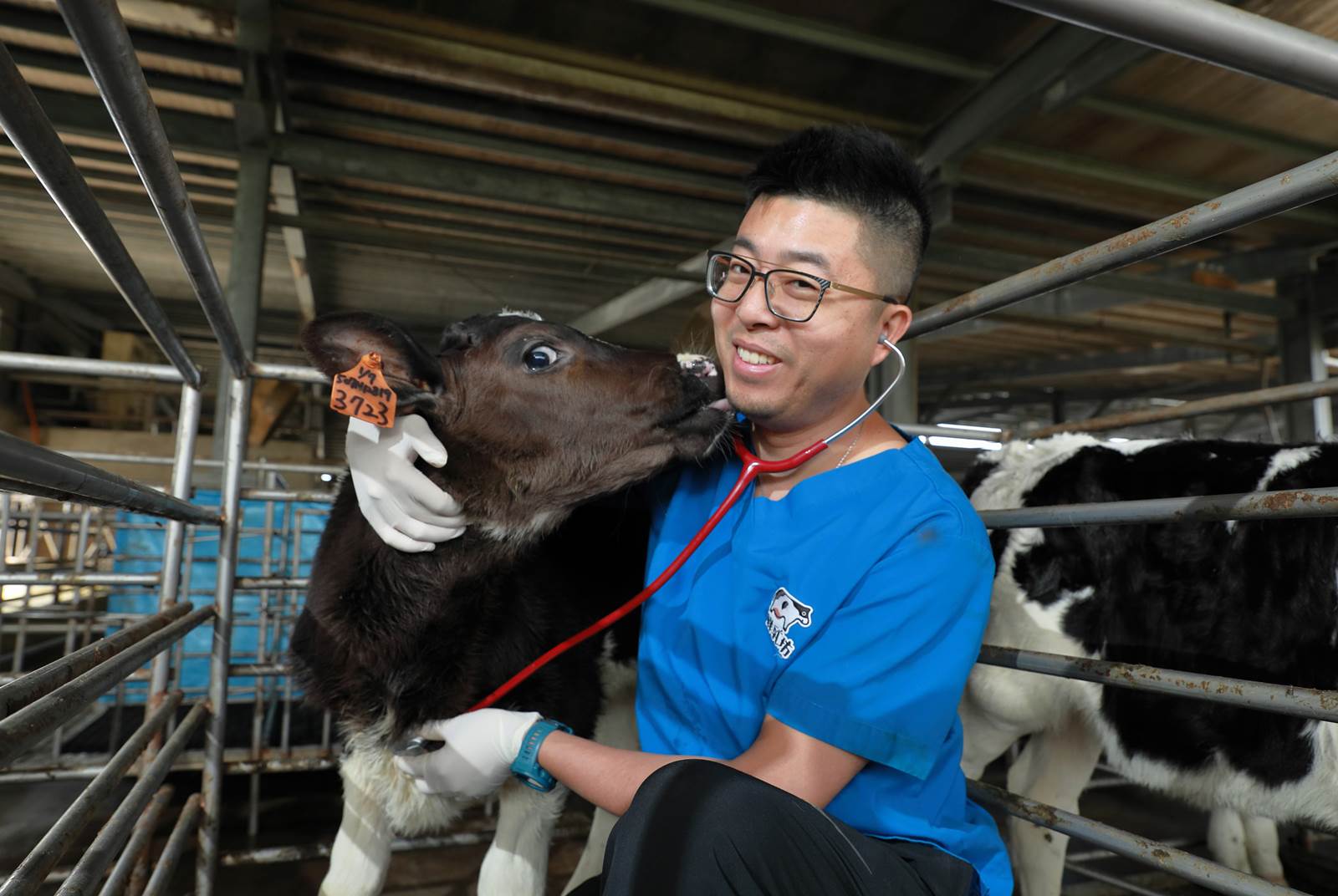
iLoveMilk founder Kung Chien-chia. (Source: CommonWealth Mazagine)
Take Elaine Chang, general manager of LDC Hotels & Resorts Group, for instance. People familiar with her relate that she was often mistaken for the company president’s secretary when she took business trips in her younger days, but then was also found to be keen on covering sustainability and cultural history during meetings instead of discussing hotel interests. With this in mind, she changed the way the hotels under her direction approached operations, ceasing the use of supplies in small bottles and promoting new “sustainable travel” thinking at home and abroad.
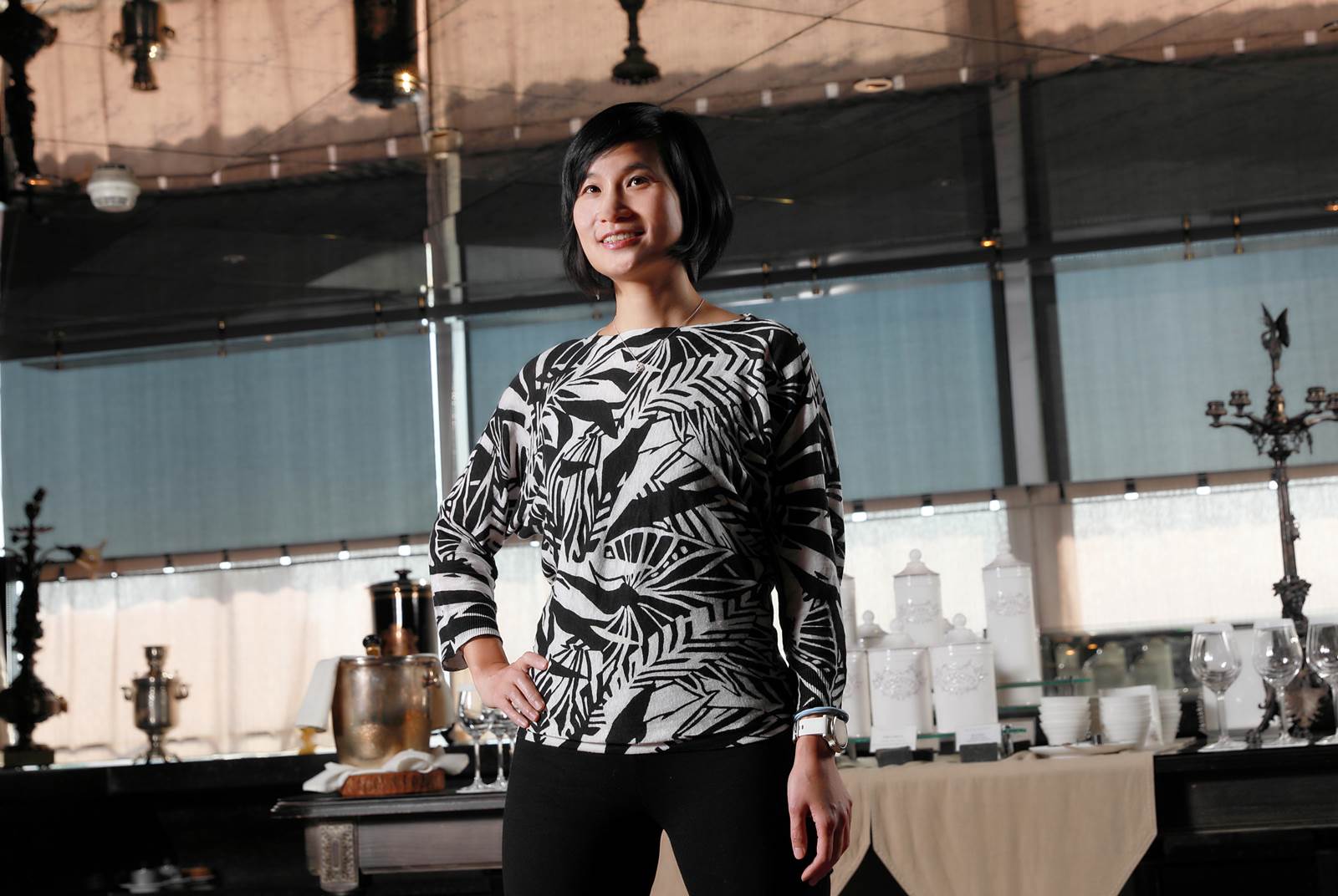 Elaine Chang, general manager of LDC Hotels & Resorts Group. (Source: CommonWealth Mazagine)
Elaine Chang, general manager of LDC Hotels & Resorts Group. (Source: CommonWealth Mazagine)
Compared to yesterday’s leaders, this new generation of leadership reformers places greater emphasis on cooperation and caring. As such, they are keen to coexist with other people and the environment, and are more interested in spreading their influence than making piles of money. This also proves that idealists intent on resolving injustice and environmental destruction can still find opportunities to achieve equilibrium and found business ventures.
Quality #2: Realizing dreams via technology and digital capacities
National Taiwan University economics professor Dr. Ming-jen Lin, named one of CommonWealth’s leaders of the future a decade ago, is currently the director of the Ministry of Science and Technology’s Department of Humanities and Social Sciences.
Lin relates that, compared to the previous generation, these leaders “better understand how to systematically allocate limited resources to achieve their ideals. Plus, they are skilled at applying new technologies, and found businesses and tackle problems only after engaging in scientific analysis to verify feasibility.”
Joseph Tsai, vice chairman and chief strategy officer of Cathay United Bank, is the youngest successor among Taiwan’s top 50 enterprises. Nevertheless, he boldly broke through established practices to lead the Cathay Group through digital transformation. This demonstrated his willingness to take up his sense of mission and his critical thinking towards the transition of conventional holding companies.
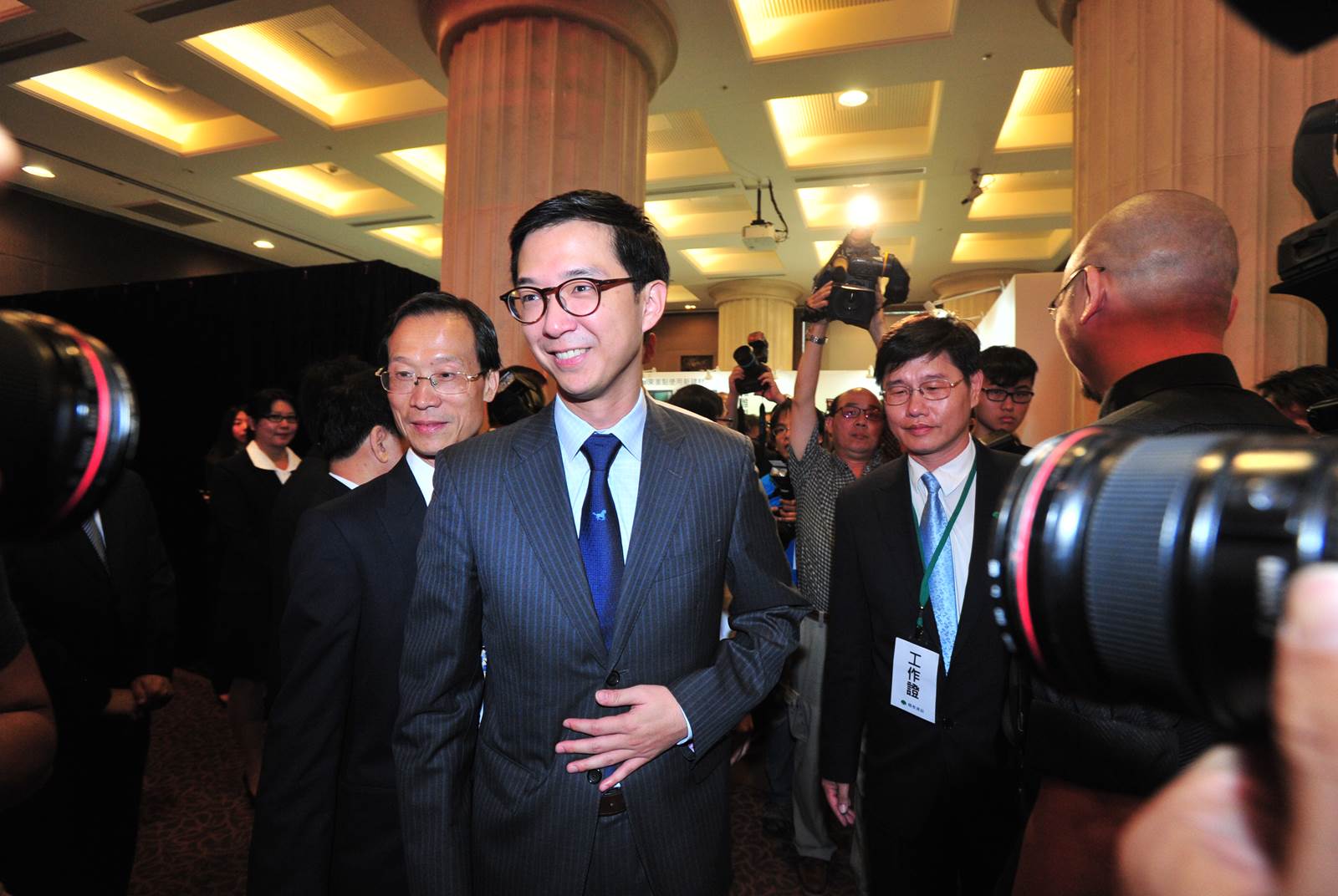 Joseph Tsai, vice chairman and chief strategy officer of Cathay United Bank, is the youngest successor among Taiwan’s top 50 enterprises. (Source: CommonWealth Mazagine)
Joseph Tsai, vice chairman and chief strategy officer of Cathay United Bank, is the youngest successor among Taiwan’s top 50 enterprises. (Source: CommonWealth Mazagine)
Lin Kytu, founder of Taiwan’s largest anonymous social media site, Dcard, built the most influential social media platform for young people. He seeks to expand his influence ever further, cultivate more internet professionals, and ultimately transform Taiwan’s economic structure - which emphasizes the “hard” at the expense of the “soft” - so that Taiwan can also give birth to world-class internet companies like Facebook and Amazon.
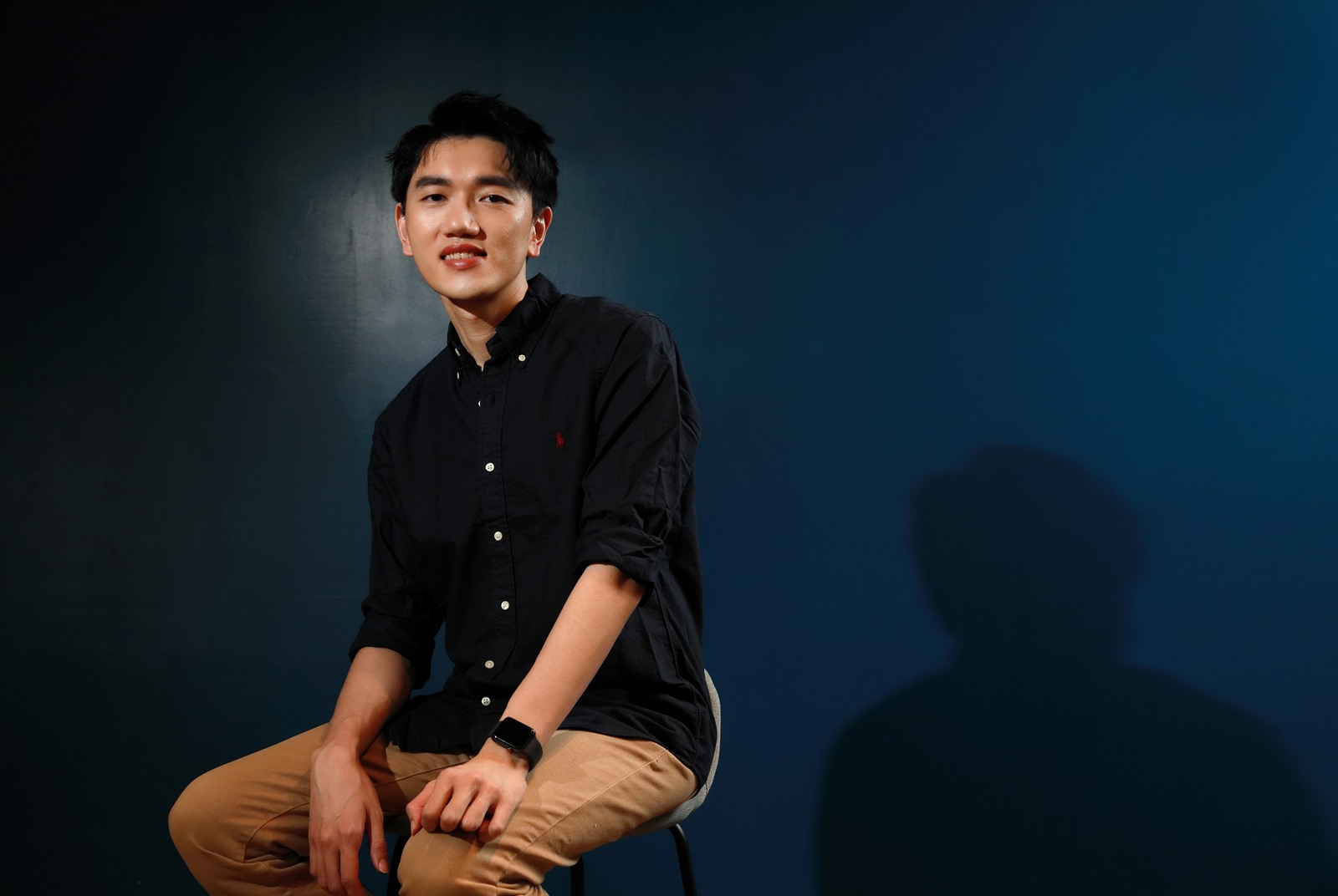
Lin Kytu, founder of Taiwan’s largest anonymous social media site, Dcard. (Source: CommonWealth Mazagine)
Future Lab founder, Dodo Liang, believing that there is more to learn online than in the classroom, dropped out of school to start a business, teaching himself how to code through online tutorials, understanding future trends, designing watches, ladders, fitness equipment, and baby strollers to forge the most popular e-commerce brand among young consumers.
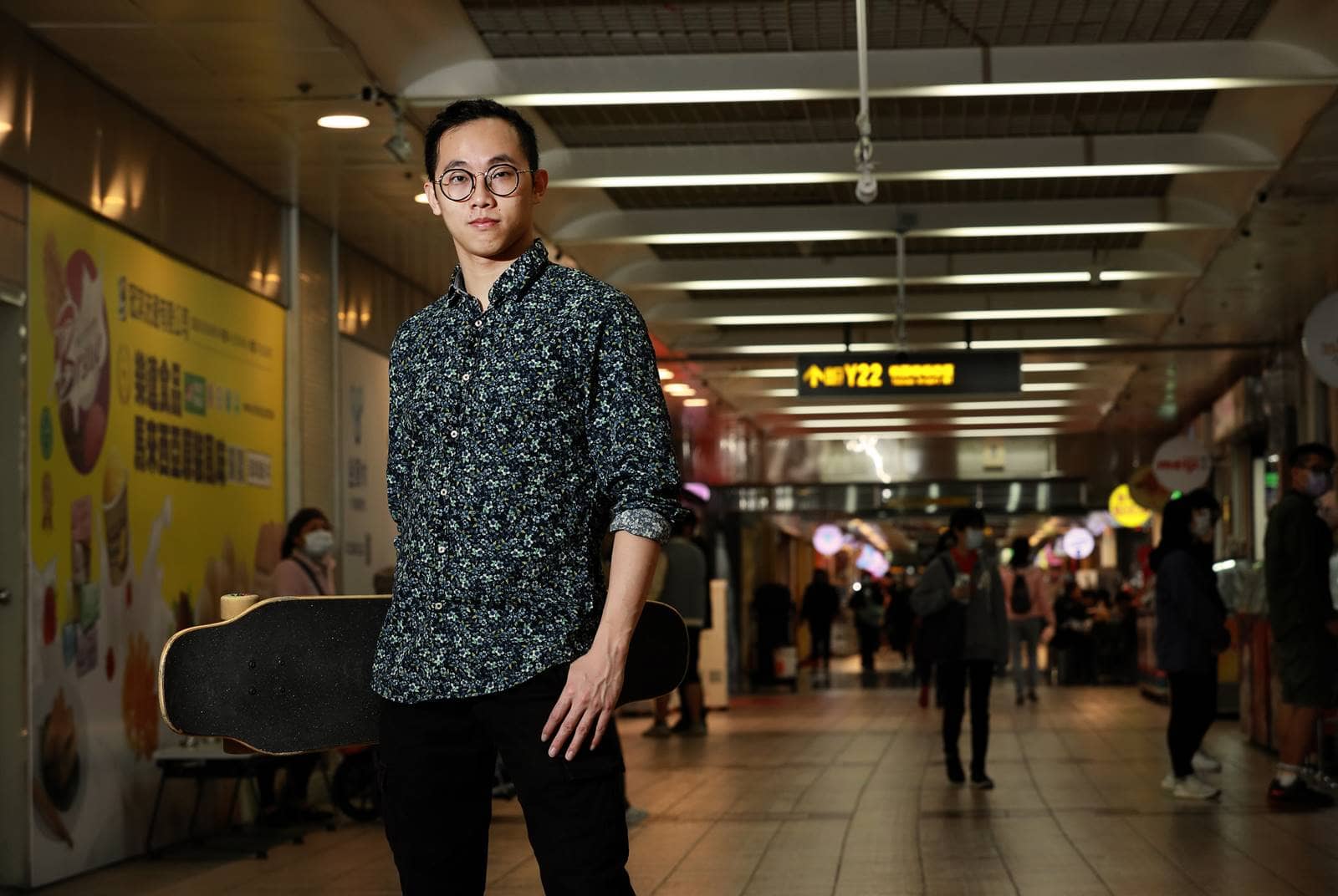 Future Lab founder, Dodo Liang. (Source: CommonWealth Mazagine)
Future Lab founder, Dodo Liang. (Source: CommonWealth Mazagine)
Tomofun founder Victor Chang established international notoriety with a line of Furbo dog monitors and treat dispensers integrated with smart sensors and phone apps, earning top Amazon Prime Day sales in the pet category three years in a row.
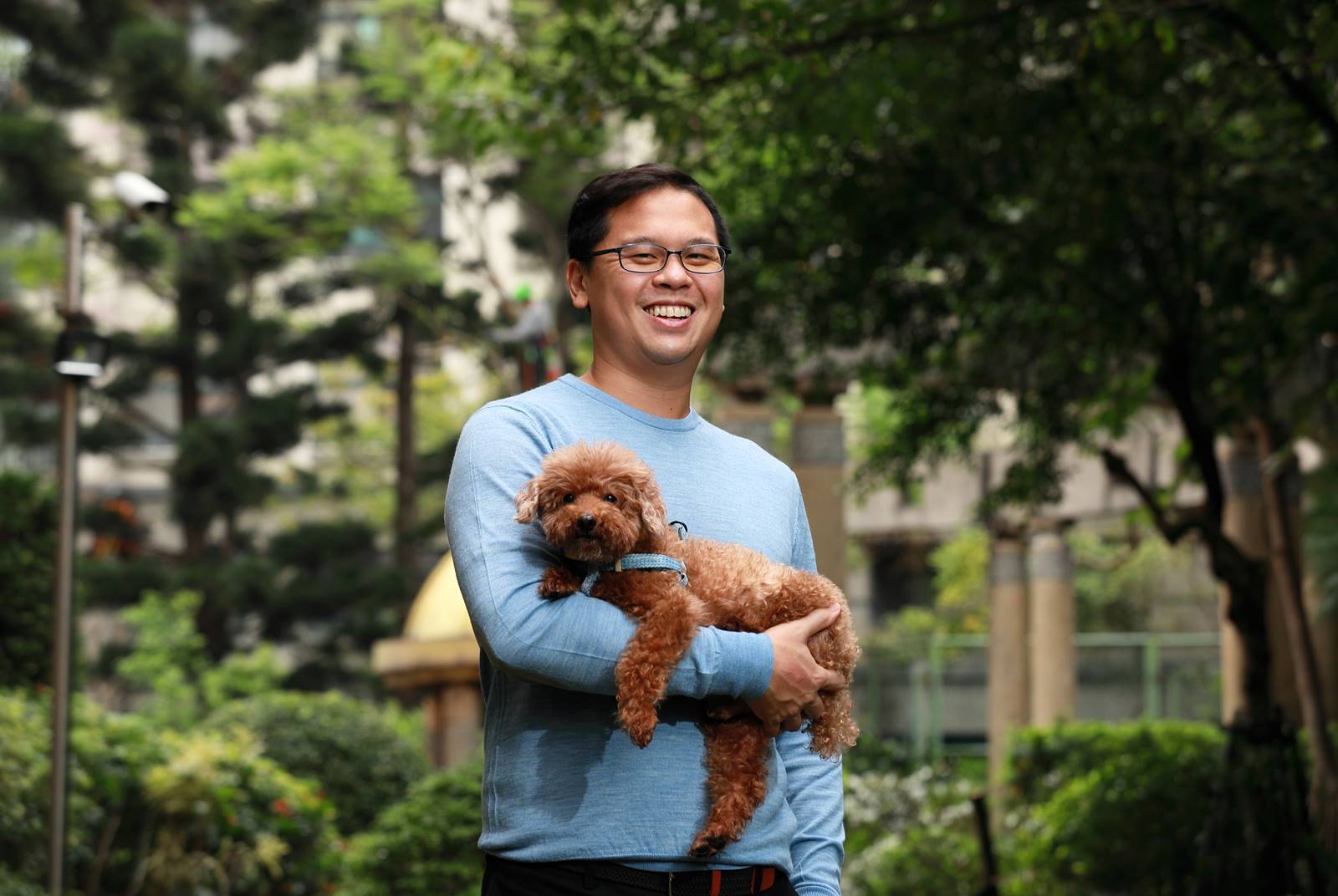 Tomofun founder Victor Chang. (Source: CommonWealth Mazagine)
Tomofun founder Victor Chang. (Source: CommonWealth Mazagine)
Dr. Rick Shen, president of eMemory Technology, was also named a CommonWealth future leader 10 years ago. Today, he has helped shape Taiwan’s largest silicon intellectual property (SIP) company. Shen relates that, in this time of rapid change, one must have the faith to constantly innovate, and push product technology and business models forward. “You have to go where no one else is going, and practice disruptive innovation.”
Quality #3: Tell your story, take on the world from home
“The biggest difference between those on the list 10 years ago and now is that today they are ‘speaking in Taiwan’s own voice,’” says Ming-jen Lin. The leaders of a decade ago sought to leverage international power to boost their own capabilities, and only then had the confidence to go back and tackle issues in their homeland. “Today’s kids are more confident and have a stronger local consciousness. They believe that they can take action from their hometown, contribute to Taiwan, and then go out and take on the global stage,” observes Lin.
They actively disseminate products and stories unique to Taiwan, innovating in industry, inspiring and enlightening others with their wisdom, and setting out from home to take on the world stage.
For instance, Albert Liu founded AI chip brand Kneron in the United States, taking on Intel on its own turf. Already shipping product to China-based Gree, Kneron has attracted investment from world-class venture capital firms like Sequoia Capital.
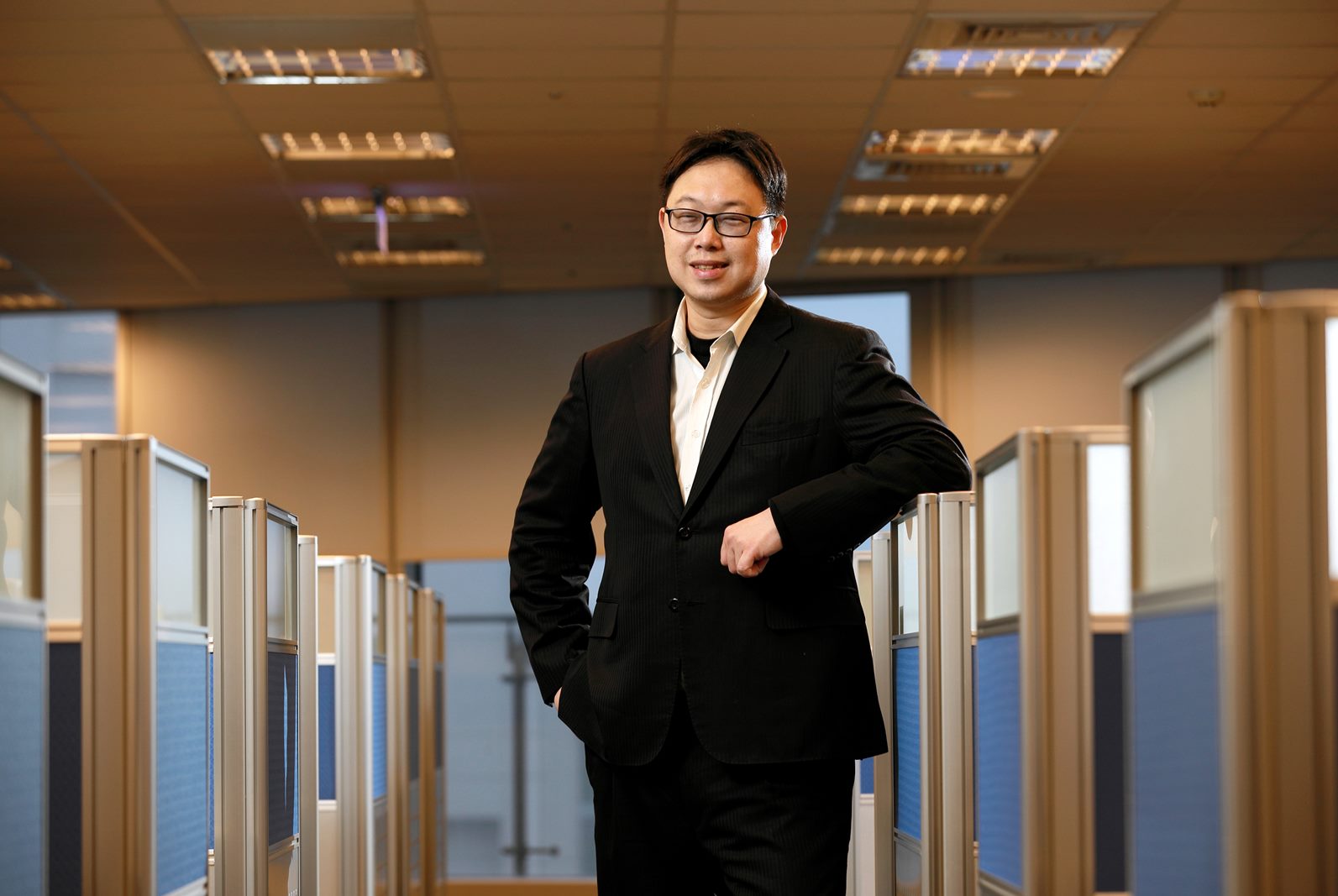 Albert Liu founded AI chip brand Kneron in the United States, taking on Intel on its own turf. (Source: CommonWealth Mazagine)
Albert Liu founded AI chip brand Kneron in the United States, taking on Intel on its own turf. (Source: CommonWealth Mazagine)
Even after ascending to the position of head of product security at Amazon’s U.S. headquarters, Hao-wei Chen still felt a strong connection to Taiwan. He assembled Taiwanese staff members to form the Taiwanzonian within the company, and went on to found the NEX Foundation the following year to nurture outstanding Taiwanese talent in hopes that they can represent Taiwan’s voice abroad in the future.
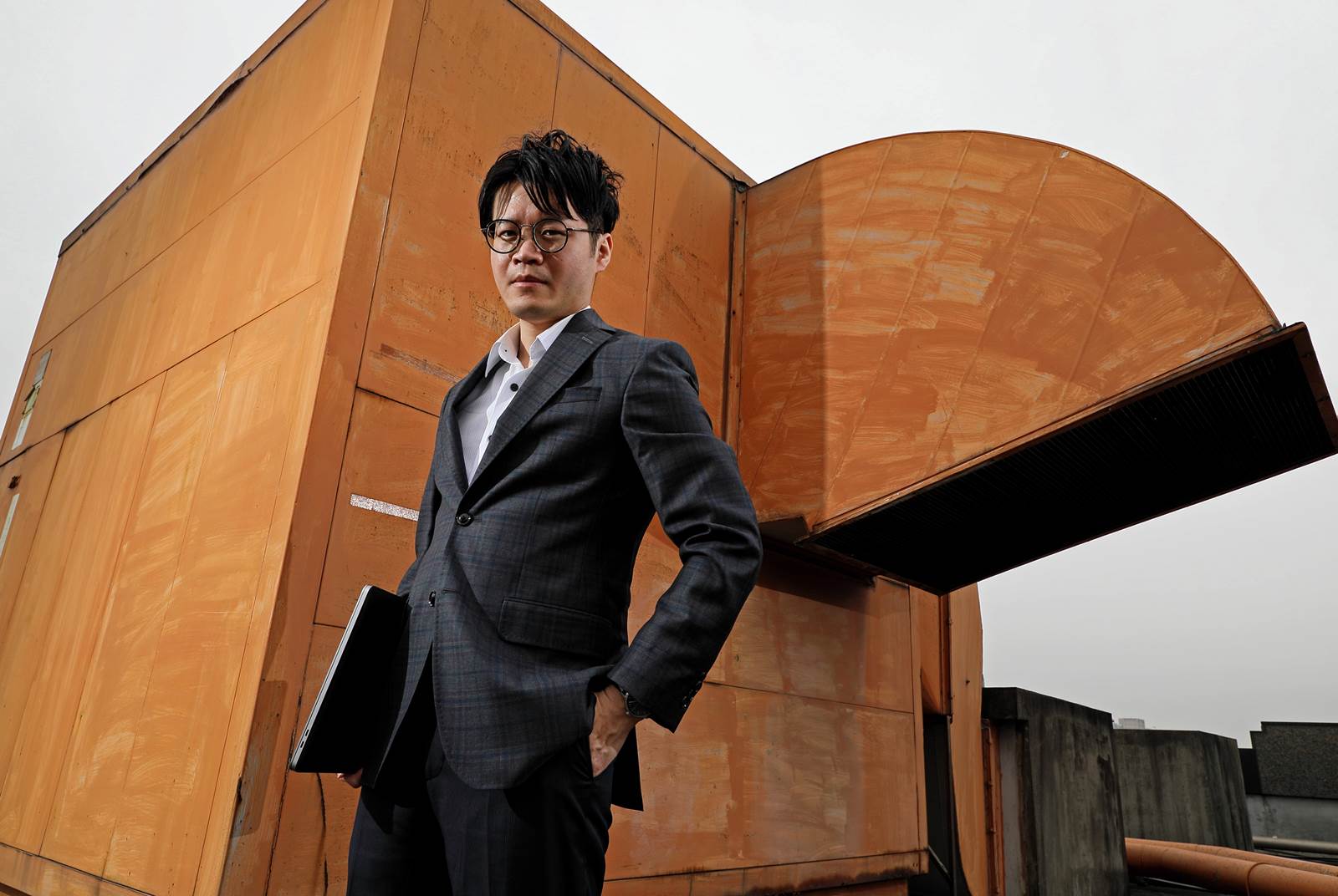 The head of product security at Amazon’s U.S. headquarters, Hao-wei Chen. (Source: CommonWealth Mazagine)
The head of product security at Amazon’s U.S. headquarters, Hao-wei Chen. (Source: CommonWealth Mazagine)
Theon Hsu became executive vice president of Lazada, Alibaba’s e-commerce brand in Southeast Asia, while still under 30 years of age. He is the founder of Internet talent accelerator XChange, with overseas branches in Beijing, Shanghai, Singapore, Jakarta, and Tokyo, holding lectures and forums and helping Taiwanese youths make their mark around the world.
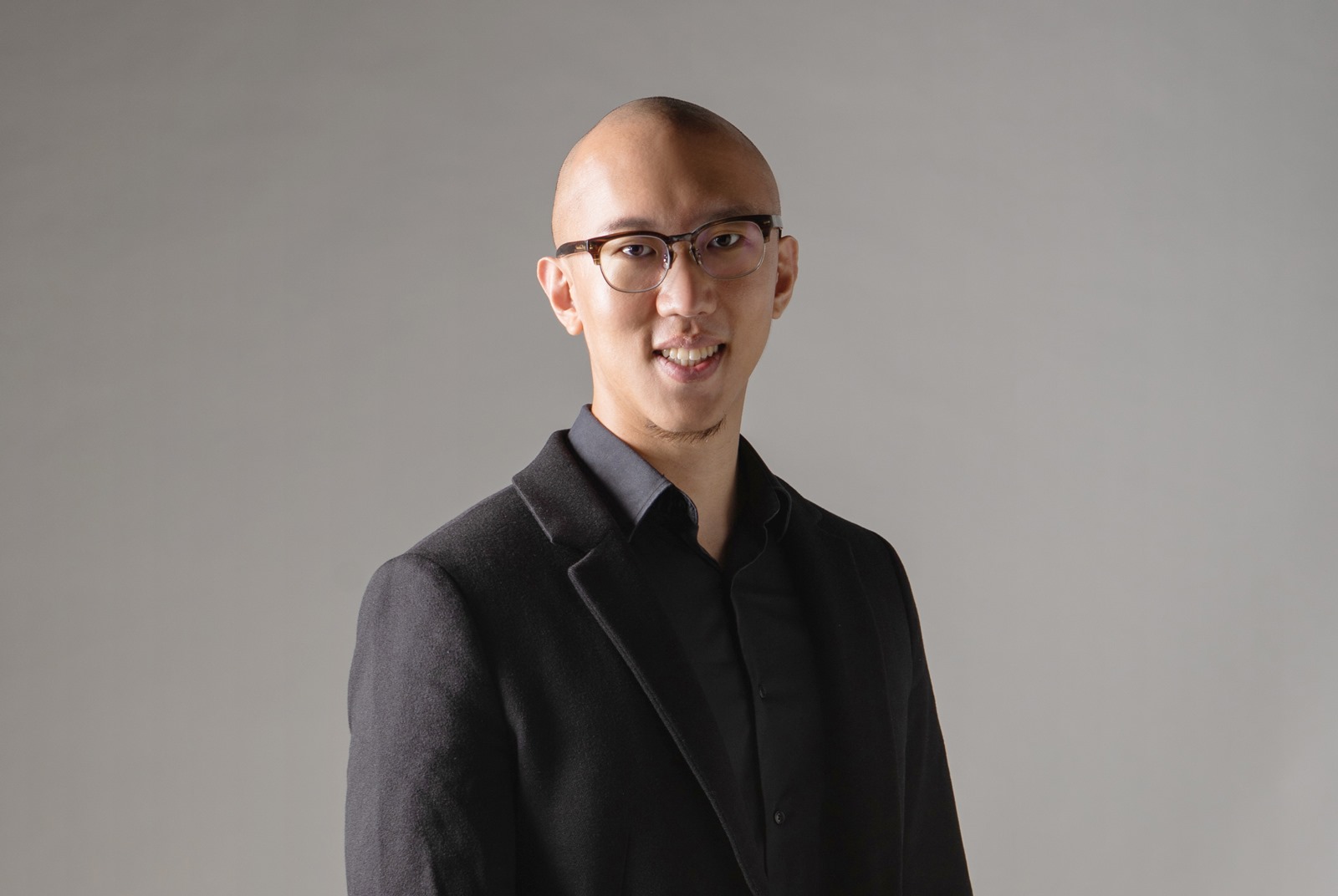 The executive vice president of Lazada, Theon Hsu. (Source: CommonWealth Mazagine)
The executive vice president of Lazada, Theon Hsu. (Source: CommonWealth Mazagine)
Our Theatre artistic director Jhao-cian Wang founded a performance troupe locally, taking it further afield to the UK and Romania. Professor Ciwang Teyra of National Taiwan University’s Department of Social Work dedicates herself to helping everyone in Taiwan get reacquainted with indigenous Taiwanese culture, promoting understanding and identity.
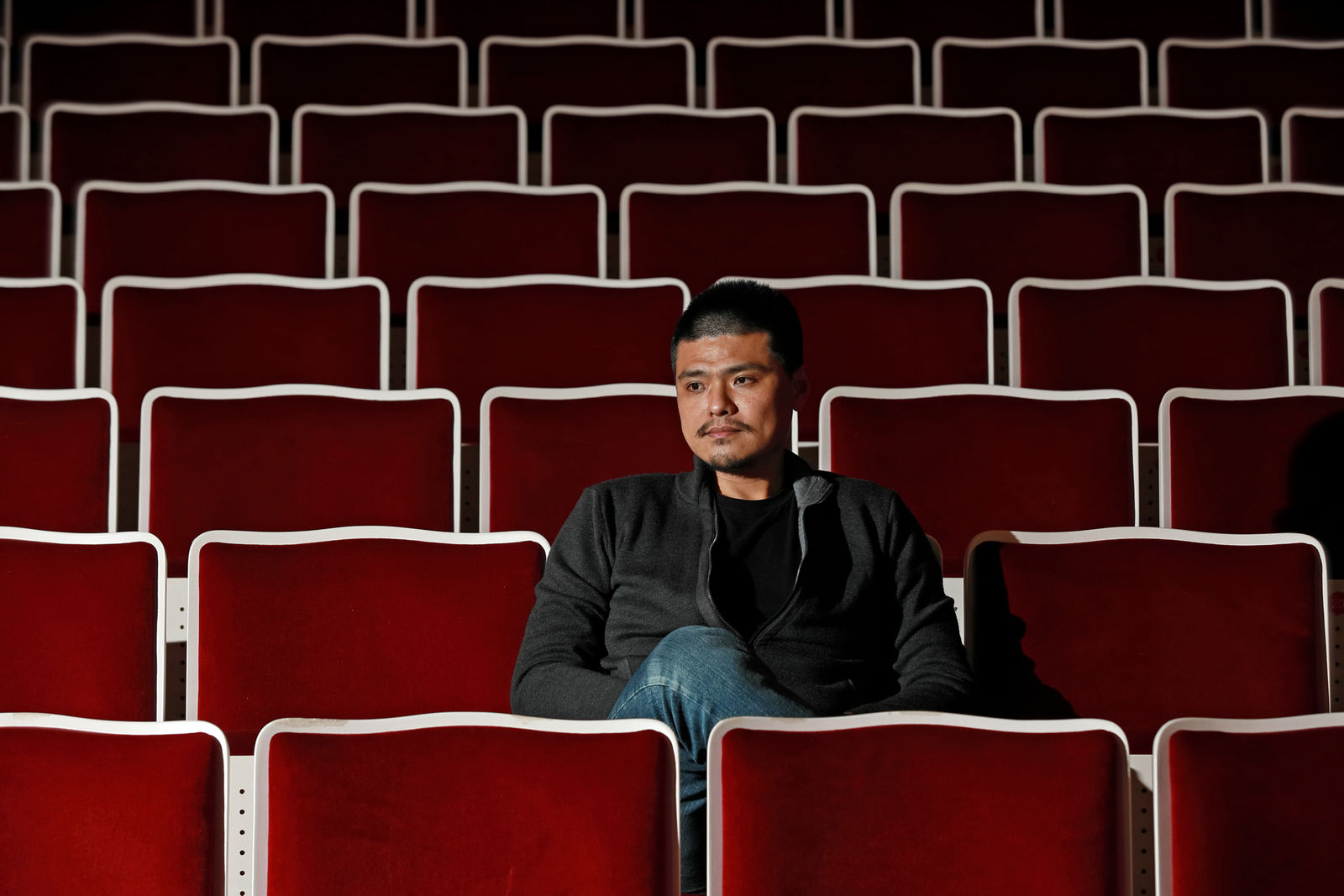 Our Theatre artistic director Jhao-cian Wang. (Source: CommonWealth Mazagine)
Our Theatre artistic director Jhao-cian Wang. (Source: CommonWealth Mazagine)
Some people make the world stage their target for the future. In an interview, Cheng Wei-hao, director of the film The Soul, told of his ambitions to become “the Taiwanese Christopher Nolan” some day, and attract international attention to his works.
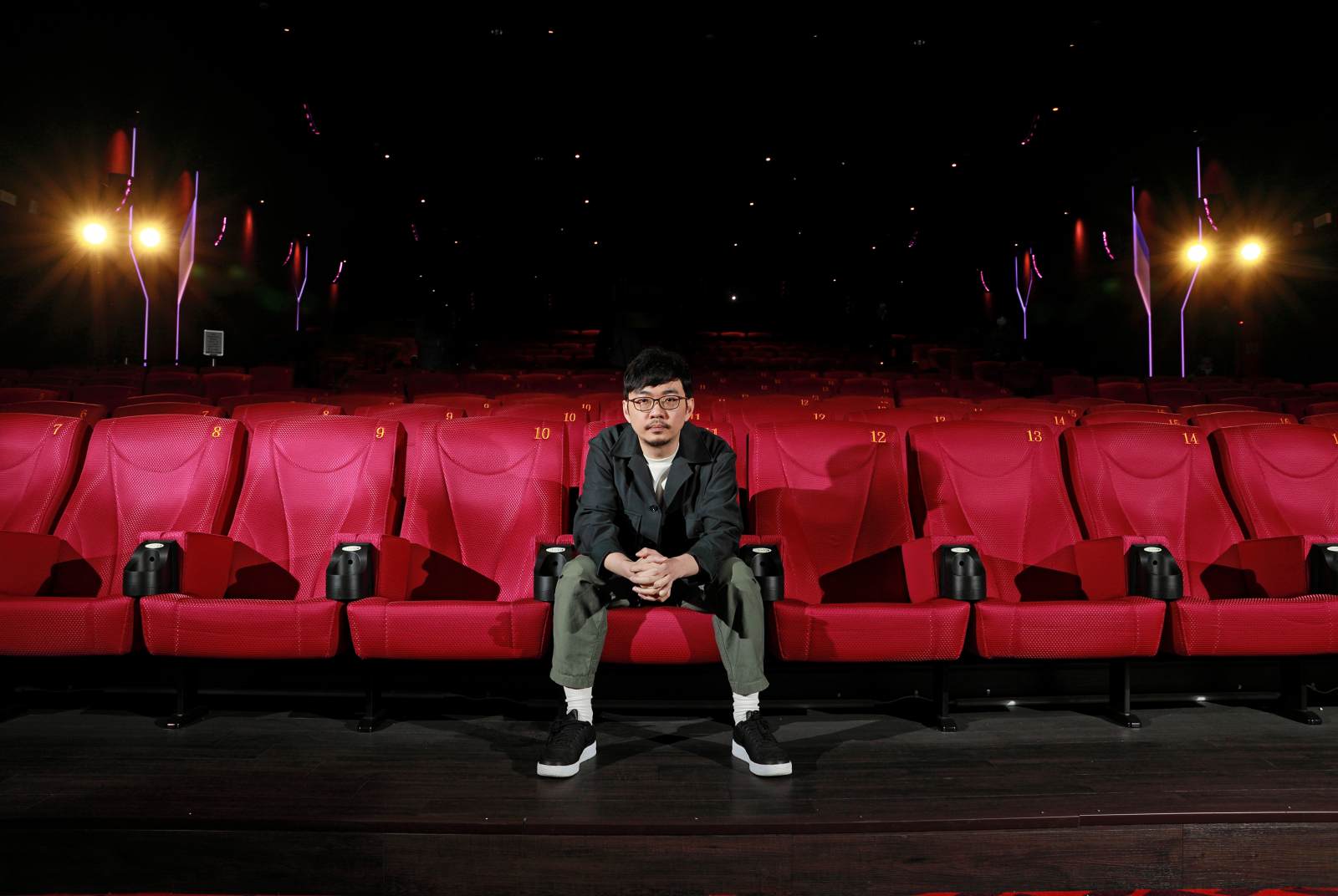 Cheng Wei-hao, director of the film The Soul. (Source: CommonWealth Mazagine)
Cheng Wei-hao, director of the film The Soul. (Source: CommonWealth Mazagine)
Learning how to be, how to live, how to do
These leaders would like Taiwan’s voice to resonate even more strongly. But they need further honing in the future.
Stanley Yen says that true leaders must learn to know how to be people first - to perceive social inequity, embrace the disadvantaged, have the ability to be critical, and invested with a sense of mission. Secondly, they must know how to live, resonate with literature and art, international participation, and the natural environment, avoid being a common, vulgar leader, and truly feel the value of life.
Last is learning how to work, to practice one’s strengths and exert influence, and move quickly to cultivate the next generation of successors to work together for a better future.
“Everyone wants to seek for themselves, but benefiting others is the way to help more people pursue a more beautiful life,” offers former Minister of Culture Li-chun Cheng. This way, life has more meaning.
Have you read?
♦ Kytu Lin’s road to build Taiwan’s most popular social network
♦ Taiwan’s New-Generation Food Revolution
♦ Online Banking Takes Shape in Taiwan
Translated by David Toman
Edited by TC Lin
Uploaded by Penny Chiang






